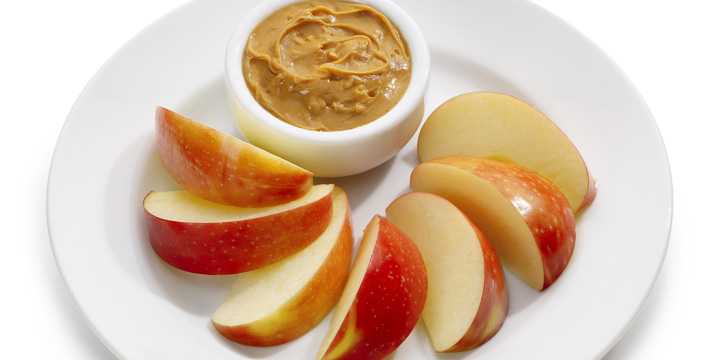
What does hangry mean?
The word hangry came into common usage about 20 years ago. In grammatical terms it is known as a portmanteau, meaning that it is a combination or mashup of 2 words – in this case, ‘hungry’ and ‘angry’. So, hangry means that you are feeling angry because you are very hungry! Read on to get some tips to manage feeling hangry.
Is hangry a real thing?
Feeling hangry is absolutely real! When you are hungry for a prolonged period of time, it can affect you both mentally and physically.
If you haven’t eaten for a while, your blood sugar level drops. When this happens, your body releases a combination of stress-related hormones into your bloodstream, including cortisol and adrenaline, to stabilize your blood sugar. These hormones can make people behave more aggressively toward those around them.
As well, low blood sugar itself interferes with some brain functions, including those that help us control impulses and regulate behaviour. This can also make you feel short-tempered or crabby.
So, there truly is a medical explanation for being hangry! It is your body’s reaction to low blood sugar. It is not the same thing as being irritable when you are tired, sick or upset about something.
Why managing feeling hangry is important for people with diabetes
Because people with diabetes can be at risk for hypoglycemia (low blood sugar) – especially those who take insulin or certain other medications – it is important that you recognize and manage feeling hangry.
This means checking your blood sugar at regular intervals to see if you might benefit from a snack or an earlier meal than planned.
Tips to manage feeling hangry
If you are feeling hangry and your blood sugar is lower than normal, it’s a good idea to consume a source of carbohydrate. According to the Diabetes Canada clinical practice guidelines, 15 grams of carbohydrate is recommended for the treatment of mild-to-moderate hypoglycemia.
Examples include:
- 15 grams of glucose in the form of glucose tablets
- 15 mL (3 teaspoons) or 3 packets of table sugar dissolved in water
- 5 cubes of sugar
- 175 mL of juice or regular soft drink
- 6 Life Savers
- 15 mL (1 tablespoon) of honey
You might also want to have a snack, if your next meal is a few hours away. Choose a snack that contains both carbohydrate and protein. The carbs will help raise your blood sugar, while the protein will help you keep feeling fuller for longer. Some good choices include nut butter and whole grain crackers or ½ a cheese sandwich.

How to avoid feeling hangry
The most important thing you can do to avoid feeling hangry is to follow your diabetes meal plan. This includes:
- Eating 3 well-balanced meals each day, which helps keep your blood sugars in their target range.
- Having a bedtime snack,if recommended by your diabetes healthcare team. This can help prevent low blood sugar during the night and/or high blood sugar in the morning.
We all feel hangry from time to time if we haven’t eaten for a while. For people with diabetes, though, it’s important to check your blood sugar if you’re feeling hangry and take action accordingly.



